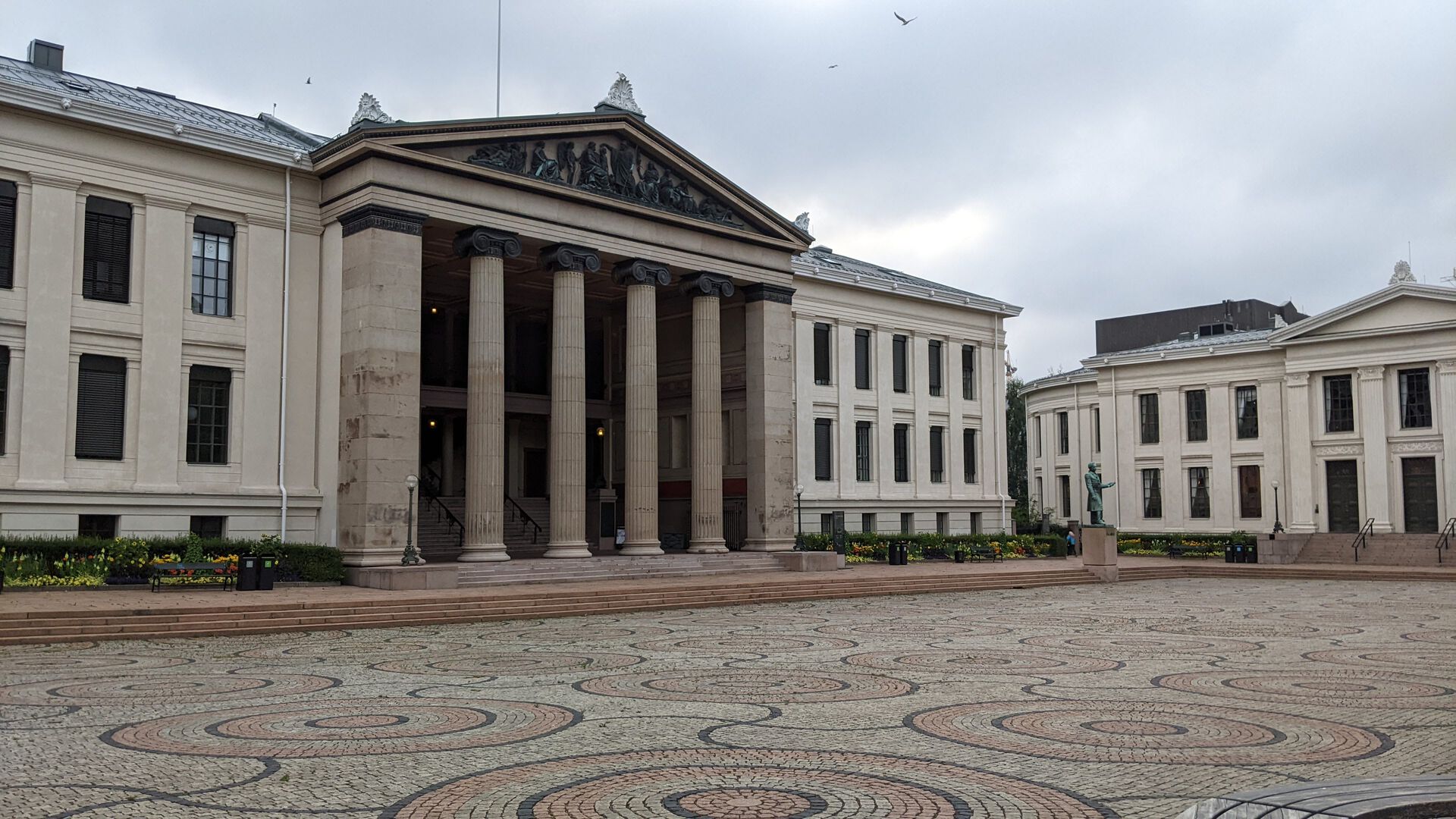The first Scandinavian universities were established in the fifteenth century. But it was not until 1811 that the first university was established in Norway: what is today the University of Oslo. Prior to this, aspiring Norwegian academics would travel to Copenhagen to study. Many high-status professions in Norwegian society — including in state administration and the church — required university level qualifications.
The research question considered is: How did the University of Oslo affect patterns of higher education attainment in the years immediately after its establishment? Of particular interest is what changes were induced in the socioeconomic and educational profile of the families from which students came. We propose a difference-in-difference analysis to examine changes before and after the opening of the University of Oslo: both between Denmark and Norway, and within the Norwegian graduate population.
The empirical approach is underpinned by three factors. First, the timing of the establishment of the University of Oslo was not determined by Norway itself — after many decades of advocacy for a Norwegian university, it could not be anticipated that one would finally be founded in the early nineteenth century. Second, the University of Oslo was modelled closely on the University of Copenhagen and offered substantially the same courses — the new university did not offer instruction in new skills. Third, political circumstances acted to cleanly separate the Danish and Norwegian cohorts after the University of Oslo opened: Norwegians no longer moved to Copenhagen to study, and Danes did not study in Oslo.
Nick Ford is a PhD student in economic history at Lund University in Sweden. He is working with Scandinavian economic history and started his studies at Lund University in 2020 after completing a master's degree in economics at the University of Southern Denmark. He is attached to a research project on human capital acquisition across Denmark, Norway and Sweden during the period 1800-1940. The project uses individual-level records to track the background, education and work experience of students to better understand changes in employers’ demands for worker skills during a period of significant economic development.
Practical information
The seminar will be organized as a hybrid event at Håndbiblioteket on the 5th floor in Niels Treschow’s hus, University of Oslo. After the seminar, the History of Capitalism research group invites all participants to continue the conversation over dinner. If you want to join us for dinner after the seminar, please register your attendance by November 24.
Register for dinner after the seminar here
Join us on Zoom by following this link
About the event
This event is part of Creative IPR and History of Capitalism's series of open seminars. The research group and project hosts open seminars on the last Monday of every month. This is a public research seminar bringing together researchers and other professionals from across the social sciences, law, the humanities and beyond to present their research or field of expertise followed by a Q&A session.
As of spring 2022, seminars will be hybrid, with the option to attend on Zoom and in person. The seminars are open to all.
